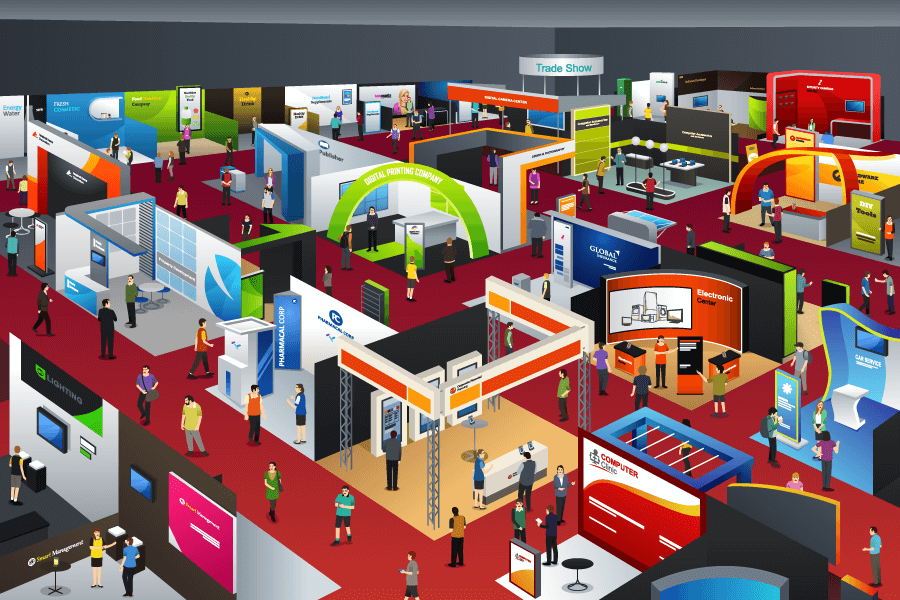- Details
- Hits: 926
I expect the majority of route operators cover the investment cost of 5 VGT machines and handle the maintenance and reporting requirements of VGT revenues. While the liquor license holders provide the space for the 5 machines and have existing cashiers pay winners.
This article indicates that an estimated 2,000 new employees were required for the 6,773 VGT locations or an average of 3/10th of an employee per business, but many of the new employees are likely with the route operators.
With a more realistic tax rate of 50% to 60%, there would have been far fewer businesses adding a liquor license, just for the 5 VGTs.
I would expect that most bars or night club owners would have provided the space for 5 VGTs just for the added customers that are attracted by gaming machines.
A study I prepared in 2018 compared the impact that VGTs had on the original 9 riverboat casinos. The years analyzed were 2007 and 2017, the win declined from $1.98 billion to $1.0 billion, and the tax earned dropped from $834 million to $308 million (a drop of $536 million). The VGTs took in $1.3 billion but paid only $391 million in taxes. Fortunately, a 10th riverboat in Des Plaines, generating $167 million in taxes and making up the shortfall.
When I helped open the first Illinois riverboat casino our win tax was a flat 20% but has since been raised several times with maximum revenues taxed at 35%, 50% and for a while even 70%. Riverboats invested hundreds of millions of dollars in facilities and once had over 8,000 employees; now down by 50% more than the VGTs added.
Attendance at the 9 original casinos has dropped from 16.5 million annually in 2007 to 7.9 million in 2018.
Under the proposed license fees for sports betting, if all allowed locations were to apply, I expect the total win from sports betting would not even equal the combined state fees. Sports betting, if competitive with illegal overseas sites, will have to set odds that are likely to return 5% to 10% of amounts wagered (Nevada's win is around 5% of amounts bet, and represents around 2% of overall casino win).
Sports betting should be added in Illinois to compete with bookies and illegal overseas sites that pay no taxes, provide no American jobs and have questionable oversight. But they should offer a profit potential to the operators.
If sports betting is approved, hopefully, it will be restricted to live gaming sites, and kept away from smartphones and computers, that would lead to increases in compulsive gambling and minors using a parent’s credit card or bank info to bet illegally. This has become a big problem, in the United Kingdom, that affects a large number of underage children.








